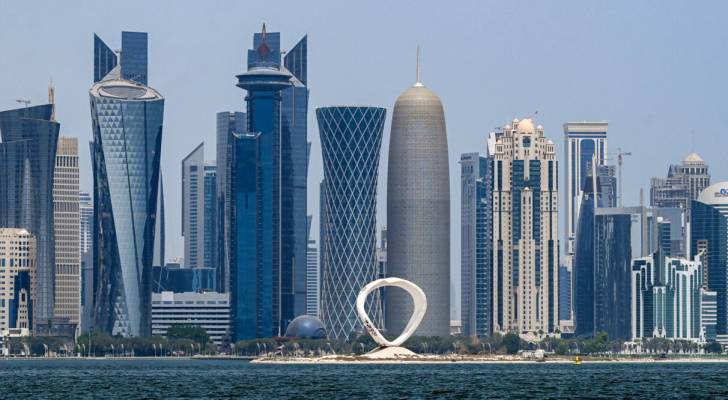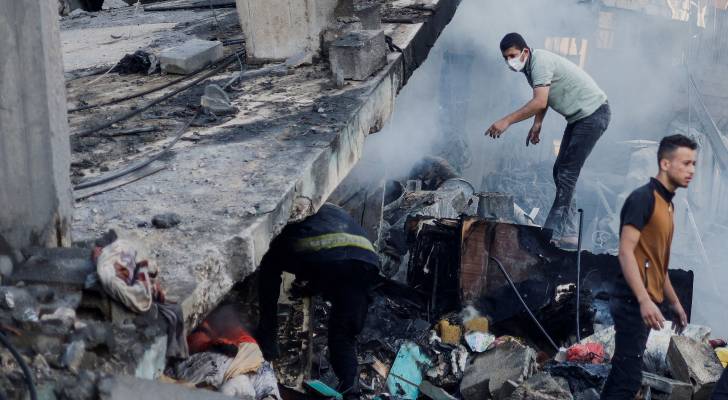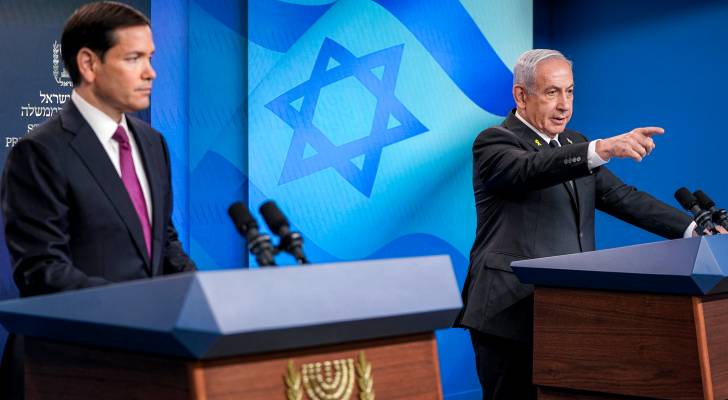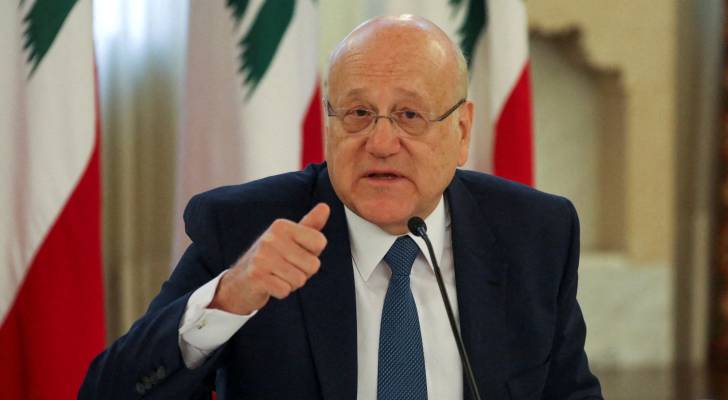Implications of Israel’s Doha operation - By Amer Al Sabaileh, The Jordan Times
The targeting of Hamas leaders in Doha did not come as a surprise. Israel had repeatedly and openly declared through nearly all its officials that it would pursue Hamas leaders wherever they might be. What was surprising, however, was the timing of the operation. Israel chose a critical moment, right in the middle of ongoing negotiations, and specifically while awaiting the Hamas delegation’s response to President Donald Trump’s initiative. This timing makes the strike appear not only as an Israeli move to eliminate Hamas figures abroad, but also as a clear termination of the negotiation process itself, leaving a military invasion of Gaza as the only option currently on the table, with talks now effectively frozen.
The nature of the Israeli strike in Qatar marks a turning point, not only in how Israel deals with Hamas politically, but also in how it deals with Qatar and its mediation role. True, the attack triggered a wave of condemnations, but in reality, there are no guarantees that such operations will not be repeated. In fact, Israel’s representative at the UN Security Council publicly declared the possibility of future strikes, a statement that signals broader consequences and the likelihood of expanding the circle of Israeli targets.
The most dangerous implication of this development lies in expanding the geography of the conflict to regions previously considered off-limits, classified as zones of stability, such as the Gulf. To treat Doha as part of the battlefield is something Gulf states cannot accept. Stability is the very foundation of the Gulf model as a global hub for energy and business. Now, however, the Gulf finds itself facing a new challenge, as the instability surrounding it—from Yemen, Iran, and the Red Sea—creeps closer to its borders.
This explains the swift and united Gulf and Arab response, which reflects an awareness of the gravity of the Israeli strike and the risk of being unable to prevent its recurrence, despite international condemnation and even American assurances. The assumption that the attack targeted Hamas leaders alone, without touching Qatar itself, is misleading. A deeper reading suggests that the strike was also directed at Qatar’s wider role, not merely as a sponsor of negotiations, but as a patron of various groups and movements. This creates an unprecedented challenge for the Gulf state and may open the door to a reassessment of its role and the nature of its engagements.
Meanwhile, as Israel continues to insist on framing the entire regional scene through a purely security lens, this operation may well reactivate residual capabilities of Hamas-aligned groups in Syria and Iraq. These may take the form of symbolic operations or attempts to target logistical or diplomatic facilities, as a show of solidarity or an exploitation of regional instability. Still, the most pressing front remains Yemen, where recent attacks demonstrate increasing capacity in the use of long-range missiles and drones. This raises the probability of Israeli interests being targeted across the Red Sea, the eastern Mediterranean, or even shipping lanes—including those close to the Syrian coast.
On the political front, the U.S. position remains the decisive factor in containing and managing escalation, particularly in light of an emerging unified Gulf stance and a broader Arab alignment from American allies. Qatar, for its part, will seek to preserve its role as mediator, viewing it as an essential guarantee for continued American cover, even though such cover did not prevent Israel from carrying out this latest strike. Doha is therefore likely to push for a reformulation of the mediation framework and demand stronger, more concrete U.S. guarantees.
Washington, in turn, will attempt to reopen channels and resume talks on a limited ceasefire. Yet the parameters for such an agreement have become far more complex in the wake of the attack, with trust eroded to a significant degree—likely necessitating a fundamental change in approach. This may pave the way for Egypt to play a larger role, while also drawing in other regional players, foremost among them Riyadh, as a critical lever on Washington and Abu Dhabi, using its influence in the relationship with Israel.
Latest News
-
 Leaders unite against ‘Israeli’ strike on Qatar at emergency Arab-Islamic Summit
Leaders unite against ‘Israeli’ strike on Qatar at emergency Arab-Islamic Summit
-
 Gaza’s death toll rises to 64,905: Health Ministry
Gaza’s death toll rises to 64,905: Health Ministry
-
 Rubio promises Netanyahu “unwavering support” to ‘Israel’ in Gaza goals
Rubio promises Netanyahu “unwavering support” to ‘Israel’ in Gaza goals
-
 'Israeli' forces to conduct large-scale military drill across West Bank
'Israeli' forces to conduct large-scale military drill across West Bank
-
 French authorities open corruption probe into former Lebanese PM Najib Mikati
French authorities open corruption probe into former Lebanese PM Najib Mikati